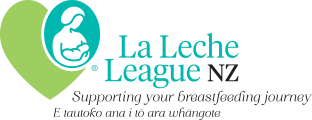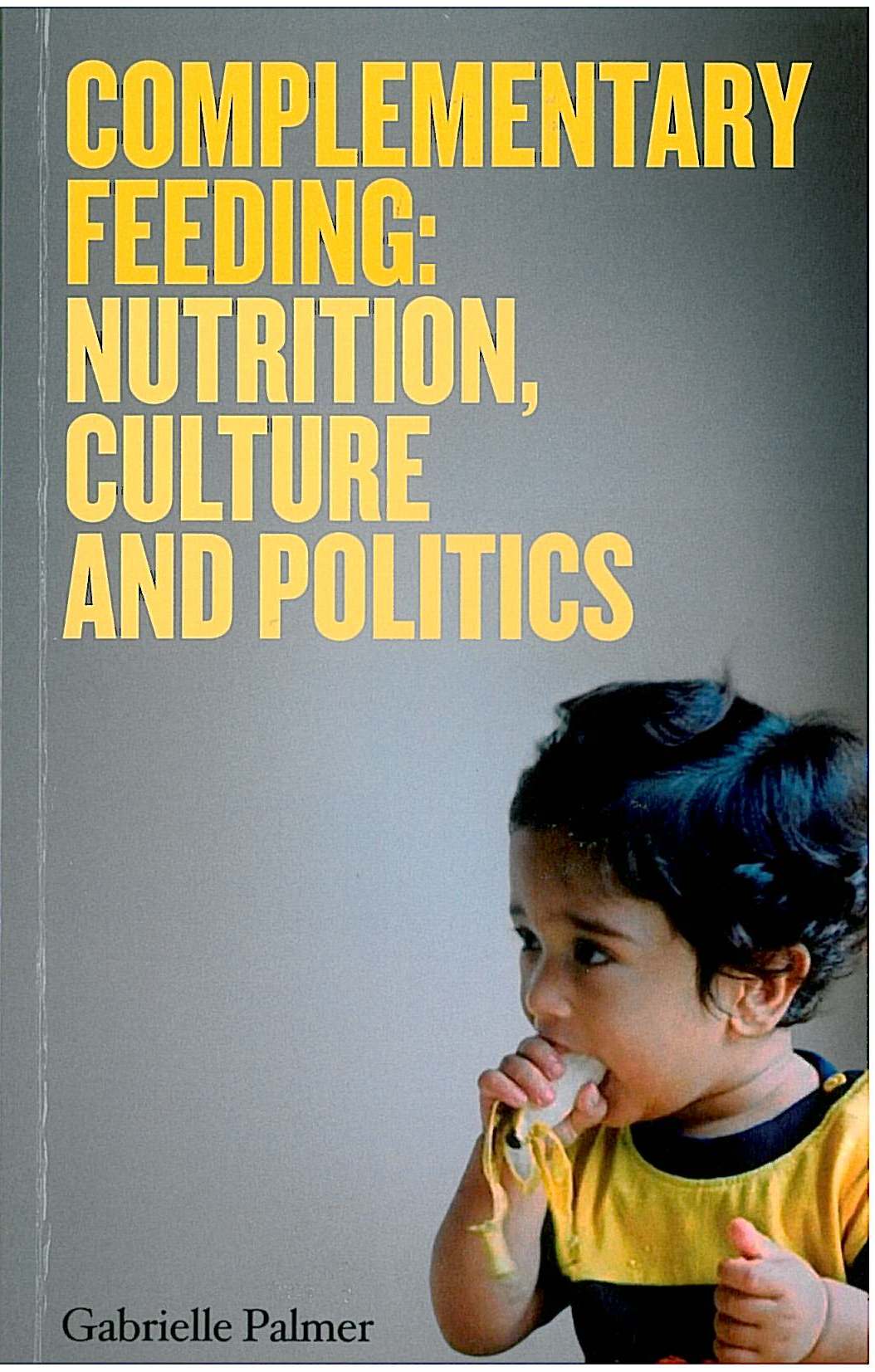Extended Breastfeeding
I felt a need say what a help La Leche League was for me with my second child. We had moved to live in
China and had been there a few months when I found I was pregnant. I was almost forty years old.
I had my first baby in New Zealand and had a marvellous midwife. I only managed to feed my first
child until she was nearly four months even though I had planned to feed much longer. Without my
midwife’s help I would never have breastfed for even the four months that I did, and because I had a little bit of knowledge already that is what helped me to get started with breastfeeding my second baby in China.
Sadly in Hong Kong women do not breastfeed their babies and though the Chinese government has been
trying to encourage mothers to breastfeed their children, the nurses and doctors have no idea where to
begin and so the babies are just kept in the nurseries and given bottles then brought in to the ward to visit their mothers! I slept with one arm on my baby in her cot beside my bed so that they couldn’t sneak her off and feed her. I couldn’t speak the language and was the only white woman in the hospital so with my being the only one in the ward breastfeeding my baby I was a bit of a freak.
I was in the hospital a few days because I’d had a Caesarean. The medical and nursing help for me
after the birth was excellent and the nurses could not do enough for me. But if I had not had the
previous experience of breastfeeding my first baby (as short lived as it was) I would never have been
able to feed my second as there was no help for breastfeeding whatsoever in the Chinese hospitals.
If I sat up and fed my baby the nurses would come very grumpily over and roughly and loudly pull my
curtain round my bed and make tsk tsk sounds at me. It was so hot because the air conditioning vent
was outside my curtain and I spent most of my time with the curtains pulled. It was most uncomfortable.
I even had a nurse come and tell me off because I was not wearing a tightly fitted bra but I preferred not
to wear one at all under my gown because I had mastitis very severely with my first baby and thought it
best not to risk it. But of course they bind all the Chinese mothers to prevent their milk coming as
they’re not going to use it. Every morning they would come in greatly curious to see how this purely
breastfed baby was surviving and they were sure she was going to go into a decline through
malnutrition.
Then at almost four months old (once I was home again of course) my baby decided to fuss and cry
when I tried to feed her. This is what happened with my first and I ended up giving her a bottle. My
mother in law was arriving and she was very anti-breastfeeding and I was afraid I was going to have the
same problem I had with my first. I was very upset. So I found a friend who was feeding her little boy;
they lived in a hotel near us. She was from the UK and she got information for me from La Leche
League about problems with breastfeeding.
As I remember there was some information about babies of around three to four months fussing and
beginning to get upset at the breast and the reason was that the milk supply was not enough. So I was
told to strip off and spend a day or two skin to skin in bed with my baby to get the supply going. It
worked too well and I ended up sick again with mastitis but that was much preferable to weaning my
child.
Sarah and her daughter
In China breastfeeding in public was quite a bit of an experience too. I could be in a park with no one
about and the minute I sat down to feed I would have three or four spectators standing over me! It didn’t
bother me but my husband used to get a little put out. I did have a woman in the street approach me
and ask for help as she wanted to feed her baby and was having a real struggle. She was Chinese and
was having pressure from her family telling her that her milk was no good and the baby was starving etc.
I had the privilege of giving her some help and she did very well. I did find using a sling was a great
help. It was my best baby purchase.
I got many good suggestions from the La Leche League site and without it I never would have managed
to breastfeed my daughter for as long as I did. I fed her till she was well over two years old and had
intended to keep going until she decided she no longer wanted the breast.
Unfortunately I ended up in hospital with neurological symptoms similar to MS for a week and my
mother-in-law very kindly took my children to stay with her. She got my little one into a good night time
routine, sleeping in her own bed and without the breast so by the time I got out of hospital she was
already weaned though she did ask a few times for the breast but I had nothing there.
I tried to get back to breastfeeding but I was quite tired and was enjoying the rest so it never really got
back on track. I have been sad about that because I know it was something very beneficial for us both
and gave us a much closer relationship than I had with my first daughter. If I could have kept feeding
her for longer I certainly would still be feeding her now at the age of three and occasionally (especially if
she is unwell) she will say to me, “Mummy I really want your num nums,” and pat my shirt. But I tell her
it’s too late now and Mummy has nothing left any more. It makes me wish I was still feeding her.
Without the information from La Leche League I would never have managed to breastfeed my baby for
as long as I did because in Hong Kong the nurses and doctors didn’t have a clue – even the ones who
wanted to help and there were few of them. I would like to thank La Leche League and encourage any
other mothers who are breastfeeding their children to keep going and if they feel they would like to, to
breastfeed past the usual six months to a year. I think that extended breastfeeding is something that is
very misunderstood and very undervalued in the Western world.
By the way my friend in China who assisted me with breastfeeding is still feeding her little boy who is
almost four years old now and shows no sign of stopping yet.
There is a lot of information about getting breastfeeding started but I think the more information we can
get about the benefits and enjoyment of extended breastfeeding the better. I think La Leche League is
doing an extremely undervalued and important job.
In July 1997 Hong Kong became a Special Administrative Region of the People’s Republic of China. La
Leche League is active in Hong Kong with regular meetings and Leaders who speak; English, Chinese
or Spanish.
Find out more from the website of LLL Hong Kong – www.lllhk.org – Ed.
Reprinted from Aroha, Vol 12 No. 2, March/April 2010

